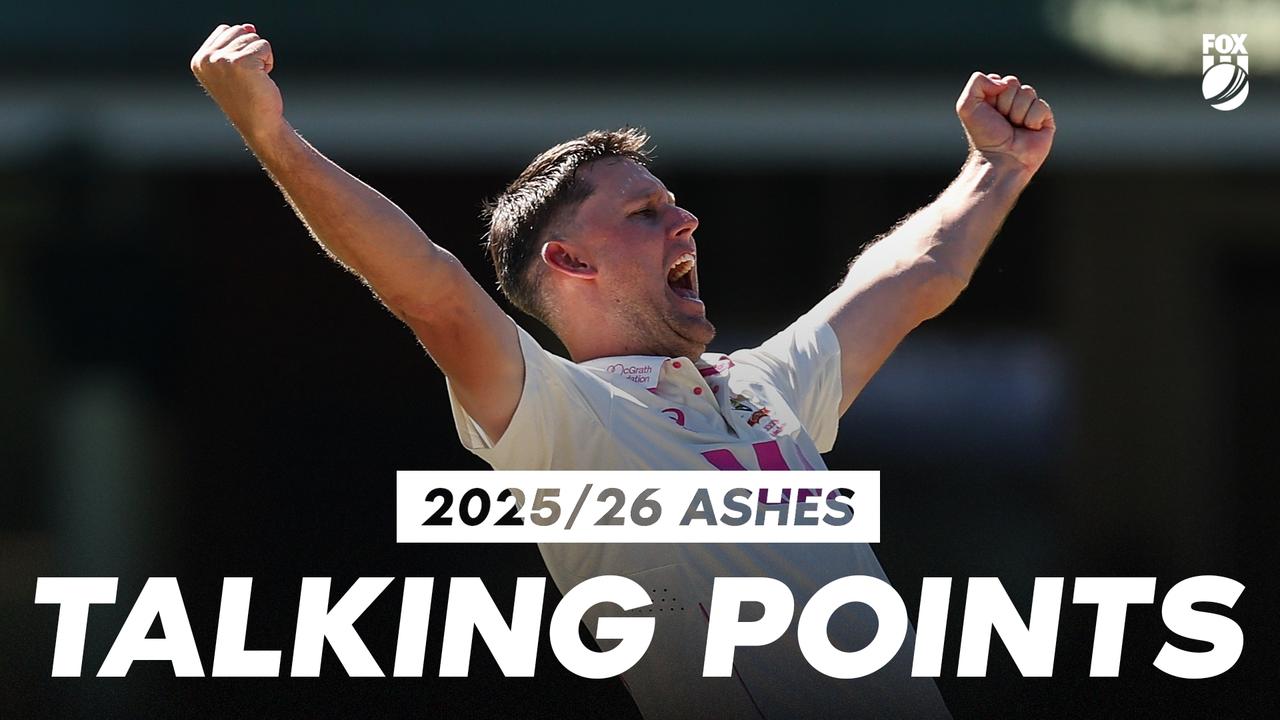
Surfing fans are in an uproar following the Gold Coast Pro final, which saw Brazilian surfer Filipe Toledo take victory in a match that has been described as both “thrilling” and “controversial.” The event, held earlier this week, pitted Toledo against Julian Wilson, a seasoned competitor returning from retirement. Toledo’s win was largely attributed to what some have called “the most overscored wave in history,” a decision that has sparked debate among fans and experts alike.
The controversy centers around a wave scored at nine points, which featured two turns. Many, including Julian Wilson, felt the score was disproportionately high. This sentiment was echoed by Vaughan Blakey and Jed Smith, respected figures in the surfing community, who have since dissected the heated final in detail. The match saw tensions flare, with Wilson visibly frustrated by the scoring and the subsequent celebrations of Toledo’s supporters.
The Heat of the Moment
In a recent interview, Julian Wilson reflected on the subjective nature of surfing scores. He acknowledged the inherent drama in the sport, stating, “For people to even be talking about it is good for the sport.” Wilson emphasized the value of diverse opinions, noting that past champions and fans alike contribute to a broader conversation about the sport’s scoring system.
Wilson’s philosophical take on the scoring controversy highlights a fundamental aspect of surfing: its resistance to objective measurement.
“You can’t pull out a speedometer, a carvo-meter or an angle-meter,”
he said, underscoring the unique and subjective nature of surfing competitions.
Expert Opinions and Historical Context
Experts in the surfing world have long debated the challenges of scoring in a sport that defies precise metrics. The Gold Coast Pro final is not the first time scoring has sparked controversy. Historical parallels can be drawn to past events where subjective judgments led to heated debates among fans and competitors.
Jed Smith’s interview with Wilson also touched on the strategic elements of the final. Wilson recounted how he felt confident in his last wave, believing he had done everything within his power to secure a win. However, the judges saw it differently, awarding Toledo the victory. “I ticked that box and handed it to them for what I thought was the win. But it wasn’t. And I’m sweet with that,” Wilson remarked.
The Implications for Surfing’s Future
The Gold Coast Pro final has reignited discussions about the future of surfing competitions and the role of subjective scoring. Some argue that clearer guidelines and more transparency could help mitigate controversies, while others believe that the sport’s unpredictability is part of its charm.
As for the immediate aftermath, Wilson expressed frustration over the premature celebrations by Toledo’s fans, which he felt were disrespectful. “It absolutely did me in. They poked a bear for sure,” he said, describing his reaction to the jubilant crowd.
Looking ahead, the surfing community may use this event as a catalyst for change. Whether it leads to adjustments in scoring criteria or simply fuels ongoing debates, the Gold Coast Pro final has left a lasting impact. The conversation around this event underscores the passion and investment of surfing fans worldwide, ensuring that the sport continues to evolve and captivate audiences.





